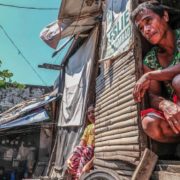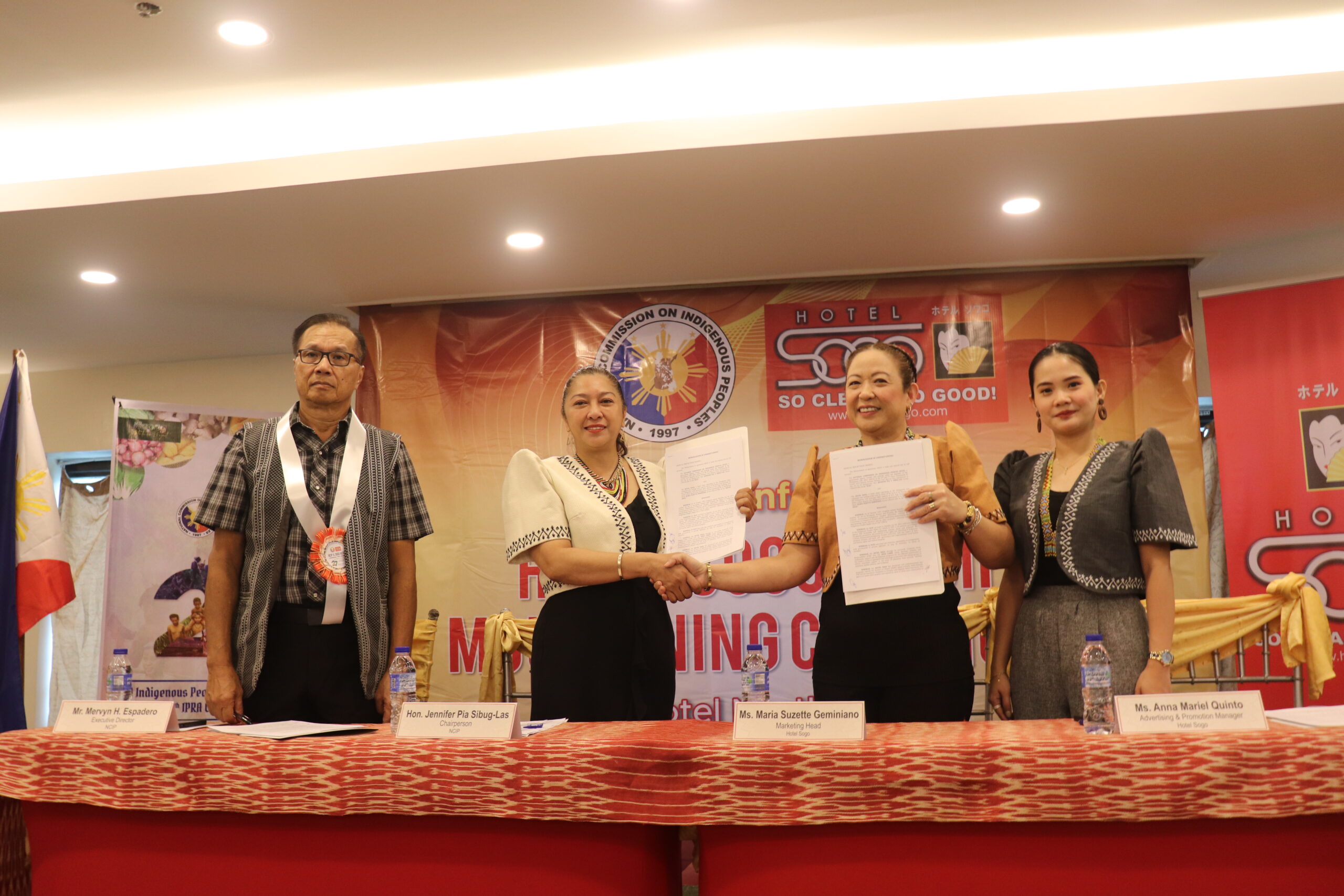
The Asian Development Bank (ADB) has approved a $1.5 billion loan to help the Philippine government fund its novel coronavirus disease (COVID-19) response program and strengthen the country’s health care system in its fight against the pandemic.
“This assistance is our largest budget support loan to the Philippines ever and reflects our strong commitment to providing cornerstone assistance swiftly and effectively to help the country mitigate the pandemic’s devastating impact on Filipinos, particularly the poor and vulnerable, including women,” said ADB President Masatsugu Asakawa. “Amid a global pandemic, the most vulnerable are developing countries, especially those with densely populated cities such as the Philippines. We commend the government for its leadership and clear actions in containing the spread of COVID-19, including scaling up its health response, enforcing an enhanced community quarantine in Luzon to save lives, and rolling out subsidy programs to affected segments of the population.”
The Philippines was among the first set of countries to implement strict social distancing measures through its enhanced community quarantine when it temporarily shuttered schools, government, and private businesses, while closing the borders on the entire Luzon island, where the capital Manila is located, starting 16 March. The Luzon region accounts for 50% of the Philippines’ total population and generates more than 70% of gross domestic product. These measures have been effective in slowing the spread of the disease in the local community.
“We thank the ADB under the leadership of President Masatsugu Asakawa for swiftly responding to the Philippines’ call for funding support in this time of crisis. We thank the bank as well for streamlining its operations to quickly deliver its assistance and for tripling the size of its response package from $6.5 billion to $20 billion to help developing member countries combat COVID-19,” said Philippine Finance Secretary and ADB Governor Carlos G. Dominguez.
ADB’s COVID-19 Active Response and Expenditure Support (CARES) Program will support the government’s measures to help its citizens overcome the health, economic, and social costs of the pandemic by helping finance the country’s COVID-19 response programs. Government actions include increased funding for social protection, especially for women who are primary household and family caregivers; small business relief assistance; and wider health measures to stop the spread of COVID-19 in the country.
The government’s COVID-19 relief package includes well-designed and targeted support to Filipino families, including a Php205 billion ($4 billion) emergency subsidy program covering 18 million families engaged in the informal sector and a Php51 billion small business wage subsidy to provide a lifeline for 3.4 million workers in the formal sector. These programs cover 85% of all Filipino families.
The CARES Program will establish a country engagement framework focused on supporting policy dialogue with the government as it implements its fiscal response program and bounce back strategy. ADB coordinated with other development partners in preparing the CARES Program for the Philippines.
The new financing is part of ADB’s $20 billion expanded assistance for developing member countries’ COVID-19 response, which was announced on 13 April. It also builds on the $5 million grant approved on 18 March to deliver nutritious food baskets to up to 140,000 vulnerable households in Metro Manila and neighboring areas, in collaboration with the government and the private sector.
On 13 March, ADB approved a $3 million grant to help the Philippine government purchase emergency medical supplies and set up a new laboratory that will increase the country’s COVID-19 testing capacity by 3,000 tests per day. The new laboratory is expected to be fully functional by mid-May 2020. ADB is also preparing additional financing for social protection and health projects in April and May this year, respectively.
ADB is committed to achieving a prosperous, inclusive, resilient, and sustainable Asia and the Pacific, while sustaining its efforts to eradicate extreme poverty. Established in 1966, it is owned by 68 members—49 from the region.
—
Stay updated with news and information from the Asian Development Bank by visiting their website at https://www.adb.org.




